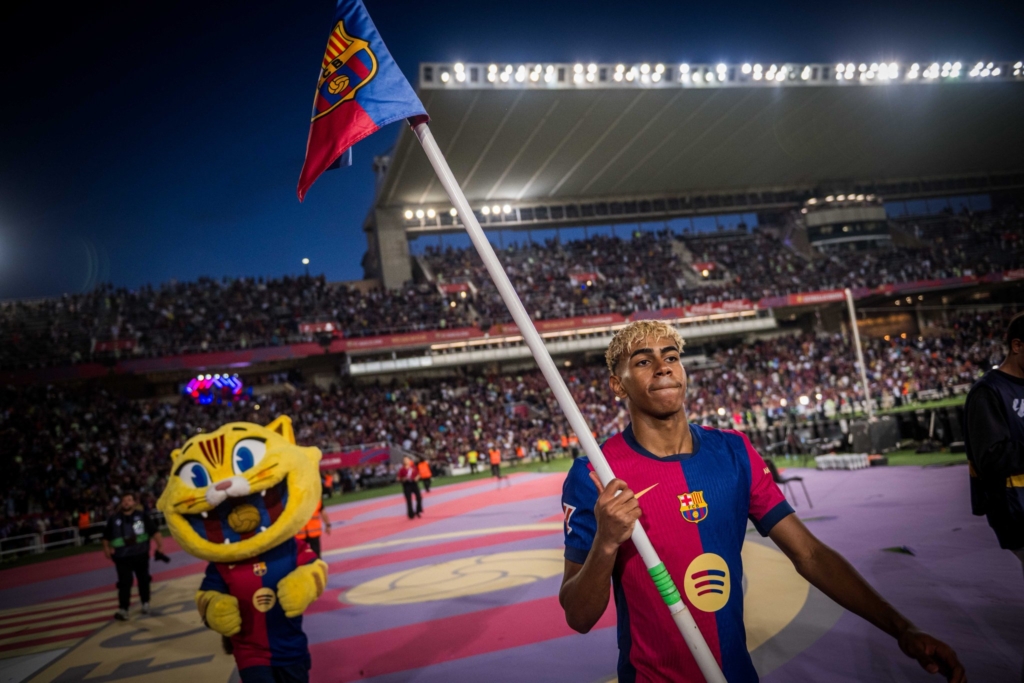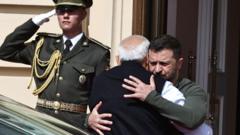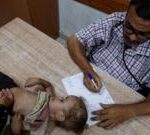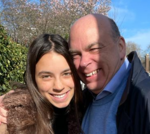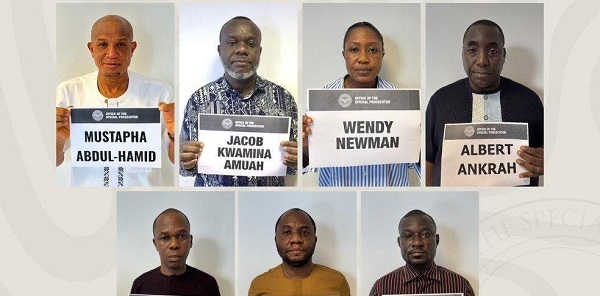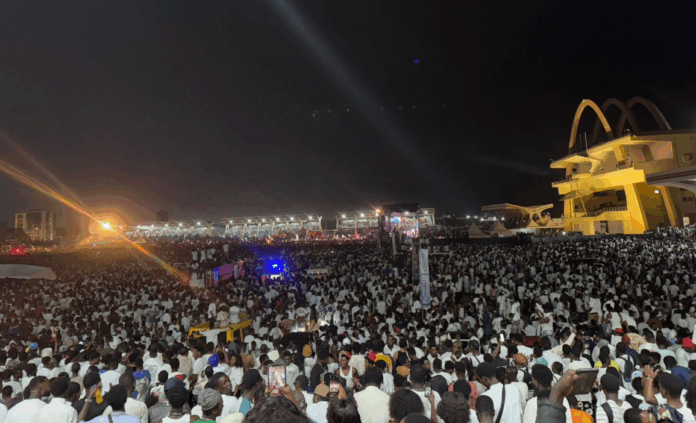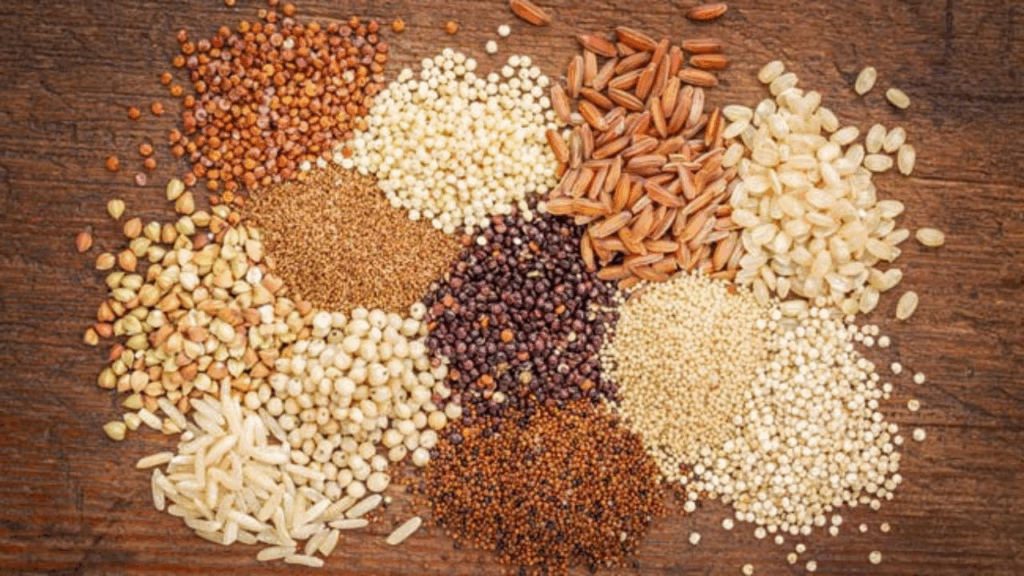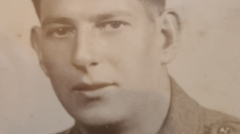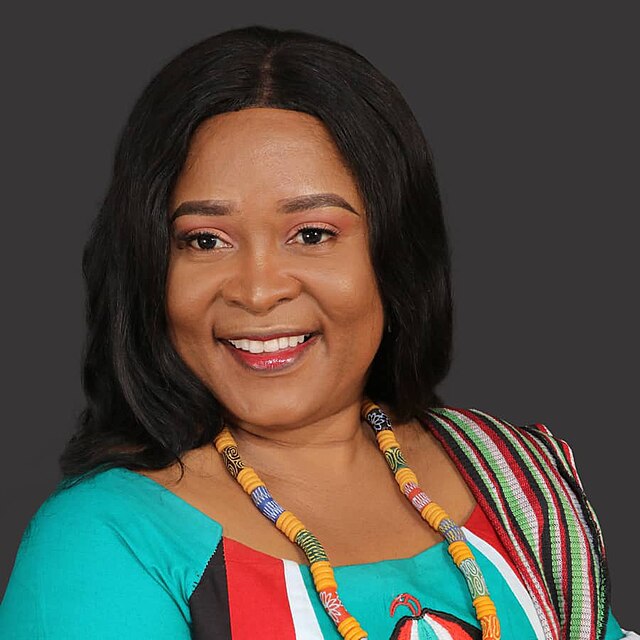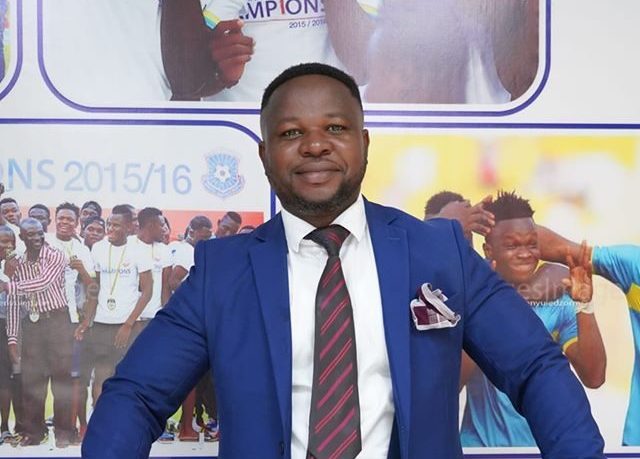Indian Prime Minister Narendra Modi has paid a historic visit to Ukraine, telling President Volodymyr Zelensky he is prepared to play a personal role to bring peace.
The Indian leader was criticised by President Zelensky last month when he hugged Russia’s President Vladimir Putin during a trip to Moscow on a day of deadly Russian strikes, including one on Kyiv’s biggest children’s hospital.
Mr Modi, 73, said he had told Mr Putin that problems could not be solved on the battlefield.
“Both sides will have to sit together and to look for ways to come out of this crisis,” he said after meetings in Kyiv.
Mr Modi arrived in the Ukrainian capital by train from Poland, the first international leader to visit since Ukraine forces crossed into Russia’s Kursk region in early August, seizing more than 1,250 sq km of territory, according to the military.
Six weeks ago, President Zelensky had spoken of his “huge disappointment” at watching Mr Modi warmly hug the Russian leader.
On Friday it was the Ukrainian leader’s turn to be embraced by Mr Modi – although it appeared a more awkward greeting. Mr Zelensky appeared to frown, but equally it may have been the sun in his eyes.
Smiles were few and far between.
More than 40 people had died in Russian strikes on the day Mr Modi had visited Moscow. Okhmatdyt children’s hospital in Kyiv took a direct hit.
It was surely no coincidence that the first place Mr Modi was taken on Friday was Ukraine’s history museum where he was invited to watch an exhibition remembering all of the 570 Ukrainian children reported to have been killed since Russia’s full-scale invasion began in February 2022.
Both leaders crouched down to place soft toys at a makeshift shrine, and India’s prime minister said later his heart was filled with grief at the young people “martyred” in the war.
At one point he put his arm around the Ukrainian president’s shoulders – an image posted on Mr Modi’s social media account with the message that his heart went out to the families of children who had died.
Later on came his personal offer to help initiate peace talks, with Mr Modi stressing only dialogue and diplomacy would end the fighting.
India had never been neutral in the war, he insisted. “Right from the first day our side was peace,” Mr Modi argued, pointing out that he came from the land of Mahatma Gandhi, whose statue in Kyiv he visited earlier.
But behind the language, the fact remains that India has never condemned Russia’s full scale invasion and, in effect, has been helping to power Moscow’s war economy with Delhi overtaking Beijing last month as the biggest importer of Russian oil – at a time it has been hit by Western sanctions.
Mr Modi and President Zelensky discussed Ukraine’s ongoing incursion into Russian territory, although the content of that specific conversation is not known.
India did take part in a Ukraine-led peace summit in Switzerland in June, to which Russia was not invited, and Mr Zelensky urged Mr Modi to sign up to a joint communique that highlighted the territorial integrity of Ukraine and all other states.
However, he thanked his visitor for “supporting our sovereignty and territorial integrity”, a sentiment that Mr Modi repeated shortly afterwards – as both men hailed it an historic day.
They went on to release a joint statement, external, pledging to build on the two countries relations in defence and trade.

